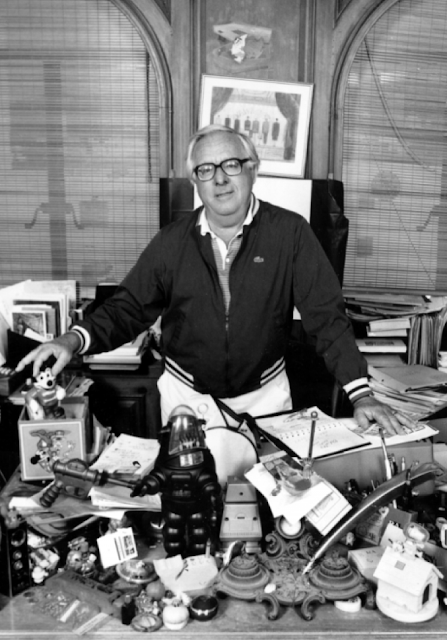THE cooling afternoon rain had come over the valley, touching the corn in the tilled mountain fields, tapping on the dry grass roof of the hut. In the rainy darkness the woman ground corn between cakes of lava rock, working steadily. In the wet lightlessness, somewhere, a baby cried.
Hernando stood waiting for the rain to cease so he might take the wooden plow into the field again.
Below, the river boiled brown and thickened in its course. The concrete highway, another river, did not flow at all; it lay shining, empty. A car had not come along it in an hour. This was, in itself, of unusual interest. Over the years there had not been an hour when a car had not pulled up, someone shouting,
“Hey there, can we take your picture?” Someone with a box that clicked, and a coin in his hand. If he walked slowly across the field without his hat, sometimes they called, “Oh, we want you with your hat on!” And they waved their hands, rich with gold things that told time, or identified them, or did nothing at all but winked like spider’s eyes in the sun. So he would turn and go back to get his hat.
His wife spoke. “Something is wrong, Hernando?”
“Sí. The road. Something big has happened. Something big to make the road so empty this way.”
He walked from the hut slowly and easily, the rain washing over the twined shoes of grass and thick tire rubber he wore. He remembered very well the incident of this pair of shoes. The tire had come into the hut with violence one night, exploding the chickens and the pots apart! It had come alone, rolling swiftly.
The car, off which it had come, had rushed on, as far as the curve, and hung a moment, headlights reflected, before plunging into the river. The car was still there. One might see it on a good day, when the river ran slow and the mud cleared. Deep under, shining its metal, long and low and very rich, lay the car.
But then the mud came in again and you saw nothing.
The following day he had carved the shoe soles from the tire rubber.
He reached the highway now, and stood upon it, listening to the small sounds it made in the rain.
Then, suddenly, as if at a signal, the cars came. Hundreds of them, miles of them, rushing and rushing as he stood, by and by him. The big long black cars heading north toward the United States, roaring, taking the curves at too great a speed. With a ceaseless blowing and honking. And there was something about the faces of the people packed into the cars, something which dropped him into a deep silence. He stood back to let the cars roar on. He counted them until he tired. Five hundred, a thousand cars passed, and there was something in the faces of all of them. But they moved too swiftly for him to tell what this thing was.












